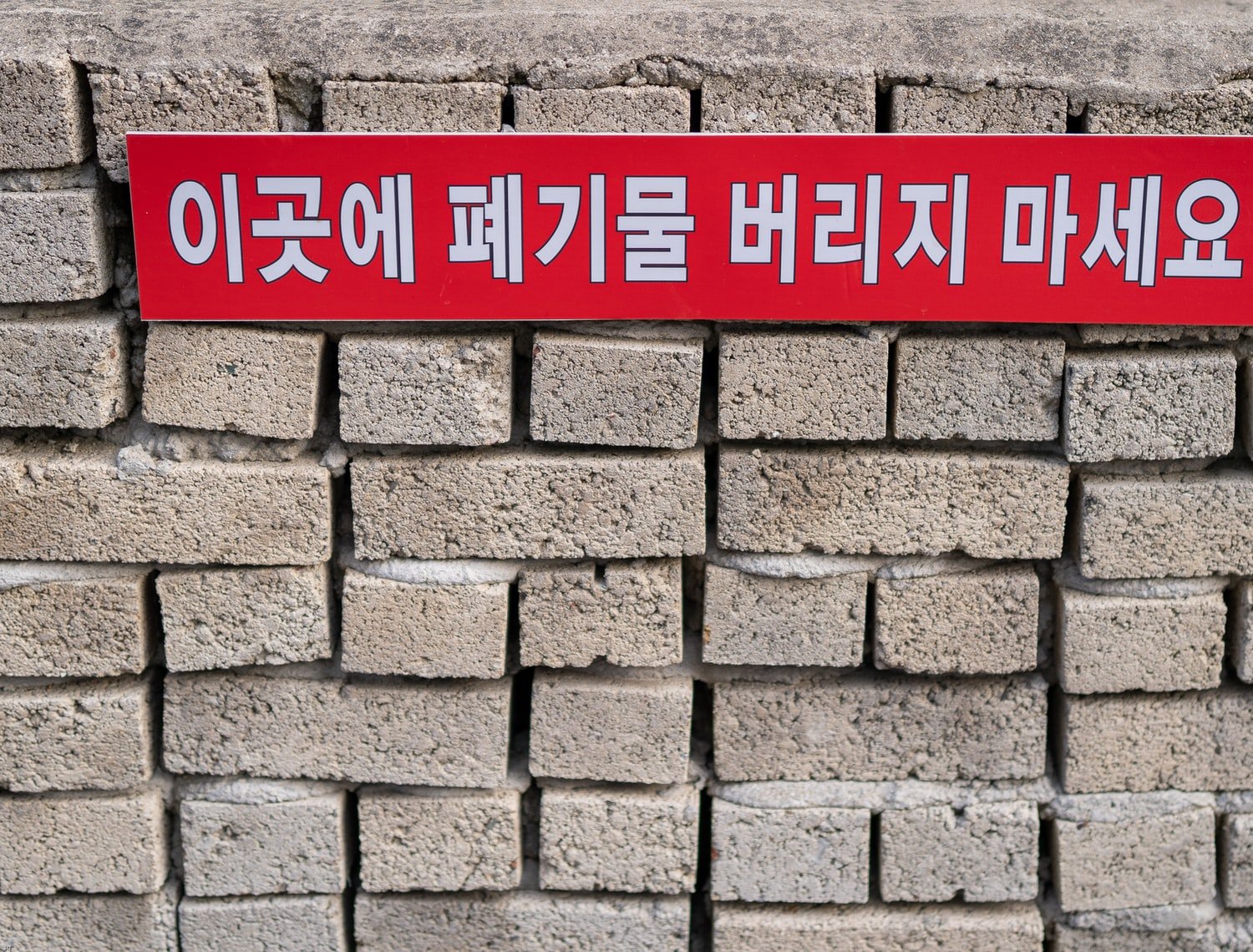How to construct Korean sentences

Have you been wondering how koreans build their own sentences when they talk? Like when watching K-Dramas, or your favorite Kpop idols? Well, in this article, I will teach you some basic vocabularies and grammars that are being used in korean language.
Before we start, I would like to inform you that this is only recommended for people who already learned 한글 (hangeul) which also known as the korean alphabet.
Korean Grammar
To be able to build some basic korean sentences, grammar plays a very important role in this language. On this following examples, we will use the informal way of speech, which is the (요) form.
In English, when we construct our sentences, the order would be SVO (Subject/Verb/Object) unlike in korean the sentences order is SOV (Subject/Object/Verb).
Let's use one example, 좋아하다 (to like):
저는 한국 음식을 좋아해요. - jeoneun hangug eumshigeul johahaeyo.
I like korean food.
SVO (English grammar) ~ I (저는) - like (좋아해요) - korean food (한국 음식을)
SOV (Korean grammar) ~ I (저는) - korean food (한국 음식을) - like (좋아해요)
Korean Endings
Korean endings are where verbs being placed in. There are lots of ways to end a sentence. But we will not go further than that so you won't lose your track.
아/어(요) - present tense
았/었어(요) - past tense
(으)ㄹ 거예(요) - future tense
These are some basic endings in korean language. Endings are used depending on what way the speaker wants to convey their message.
Let's use 먹다 (to eat) on these examples:
Present Tense
저는 먹어요. - jeoneun meogeoyo.
I eat.
Past Tense
저는 먹었어요. - jeoneun meogeosseoyo.
I ate.
Future Tense
저는 먹을 거예요. - jeoneun meogeul geoyeyo.
I will eat.
As you observed, the 먹다 (meogda) is in plain form which we basically see in dictionaries, books etc., as we conjugate, it changes the form when we made it into a sentence.
Korean Particles
Korean grammar particles are also called markers of the sentence. These are basically the building blocks of a sentence structure. Some examples that we will use are:
이/가 - subject marker
을/를 - object marker
은/는 - topic marker
에 - place/time marker
In this example, we will use 보다 (to see/look/watch):
재가 영화를 봤어요. - jaega yeonghwareul bwasseoyo.
I watched a movie.
이/가 (i/ga) is used to mark the subject of the sentence. 을/를 (eul/reul) is used to mark the object of the sentence which is the movie.
Another example is 가다 (to go):
저는 집에 갈 거예요. - jeoneun jibe gal geoyeyo.
I will go home.
In the sentence above, 에 marker is used to mark the place or time in a sentence which is the home or house (집).
To avoid confusion, 이/가 (i/ga) and 은/는 (eun/neun) can be used interchangeably, but in some cases they have to be use differently. 이/가 basically just marks the subject compared to 은/는 is used to mark the topic of the conversation.
Korean Sentences
저는 사과를 먹어요. - jeoneun sagwareul meogeoyo.
I eat apple.
저는 잘 거예요. - jeoneun jal geoyeyo.
I will sleep.
저는 학교에 저의 친구를 만났어요. - jeoneun haggyoe jeoui chingureul mannasseoyo.
I met my friend at school.
Korean Vocabularies
저 (jeo) - I/me
좋아하다 (johahada) - to like
한국 음식 (hangug eumshik) - korean food
먹다 (meogda) - to eat
보다 (boda) - to see, to look, to watch
영화 (yeonghwa) - movie
가다 (gada) - to go
집 (jib) - house, home
사과 (sagwa) - apple
자다 (jada) - to sleep
학교 (haggyo) - school
친구 (chingu) - friend
만나다 (mannada) - to meet
That's all for this content, I hope you learned something that interests you, and goodluck on your learning journey!
I am struggling to learn Korean I want to learn the Korean language from a person who can individually teach me. but I am taking online classes for it hope i will learn and write it your article will be of great help.